A retrospective critique of ‘Joker’
Credit: IMDB
Still of Joaquin Phoenix in “Joker.”
Todd Phillips’ “Joker” was lightning in a bottle. Easily ranking among the most significant comic book films of the past decade — a genre which it wears loosely — “Joker” polarized critics but was thunderously well-received among mainstream audiences. It became a prominent example of the expanding critic-audience disconnect, and its instantaneous memeification ensured that “Joker” will likely be remembered for many years to come.
In the nearly two years that have passed since its release, however, I have found myself continuously baffled by the reception that this film has received. “Joker” is critically flawed in ways that I have yet to see discussed in any review that I have read or watched. It’s been long enough now that I’ve grown tired of waiting for others to challenge this film, and so I’ve decided to challenge the consensus myself. Not out of mere contrarian inclination, but because this film’s failures have genuinely and inexplicably eluded too many intelligent moviegoers whom I respect for too long. So I invite you to join me in this retrospective critique.
I figure it’s only fair that we begin with the good. Here is where my view of the film aligns with popular consensus: Joaquin Phoenix’s performance is remarkable. The moody cinematography lends the film a striking texture and a palpable grit. The score emboldens this atmosphere further, tearing at the viewer’s soul with guttural orchestral bellows and nerve-wracking percussive intensity.
Then, to address some common criticisms that I’ve come across: I’ve heard it said many times that this film is, to its detriment, both derivative and overbearingly grim. I’m not at all bothered by the film being derivative; how many blockbusters are just “Seven Samurai” with a different coat of paint? And how many of those films are as good as “Seven Samurai,” anyway? Nor am I bothered by the film’s grim tone; many of the greatest films I’ve ever seen — “Come and See,” “Children of Men,” “Chinatown,” and so on — are excruciatingly grim. The question that matters is: To what end is this darkness put toward? The films I’ve just listed all offer compelling answers. “Joker,” however, falls flat on its miserable face.
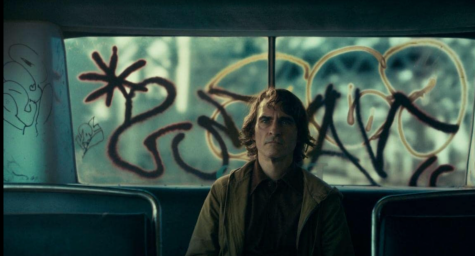
I’ll begin with a more general criticism of the film. More so than anything else, this film is brutally inconsistent. Take the dialogue, for instance. Much of it is off-kilter and distractingly unnatural. The way Thomas Wayne talks on the TV. The way the cops ask Arthur about his uncontrollable laughter outside the hospital. It’s so on the nose — nobody talks like that. This isn’t a problem in and of itself, but it’s completely at odds with the tone put forward by the cinematography. And so what you end up with is an awkward blend of urban grit à la Michael Mann’s “Heat” or “Collateral,” and dialogue stylings often unintentionally reminiscent of a David Lynch or a Charlie Kaufman. The film’s atonality greatly muddles its effectiveness.
Consider the subway scene, wherein Arthur executes three men in a pivotal turning point for his character. The first half of this scene is so exceptionally hammy and the dialogue so hilariously delivered that it becomes impossible to take any of what unfolds seriously. The “wall street guys,” as they’re referred to by Arthur in the film, behave like caricatures of caricatures — in sharp contrast to Phoenix’s humanistic portrayal of Arthur. Only for the film to inflict further tonal whiplash upon the viewer when Arthur eventually draws his gun and fires on them, the scene suddenly becoming viscerally, legitimately engaging once they’re all made to shut up. This kind of jarring juxtaposition occurs time and time again over the course of the film, and it very quickly reveals itself as a consequence of shoddy filmmaking and not one of artistic intent.
This carries me nicely into the film’s most climactic scene: an infuriatingly awe-inspiring display of cinematic ineptitude. And yet, this seems to be everyone’s favorite part of the movie. I seriously beg to differ. In this crucially important scene, where Arthur, now the Joker, shoots his former idol in the head on live television, Phillips goes all-in on the cardinal sin of filmmaking: telling instead of showing. Phoenix’s Joker in this moment ceases to be a character, and instead becomes a stand-in for the filmmakers, pontificating the message of the film directly to the audience. And not intelligently, either. Through an utterly uncompelling and sophomoric verbal exchange, the themes of the film are one after another insultingly spelled out for the viewer. Nothing, mind you, that wasn’t already communicated over the last hour and a half of film that they’d have just watched; as if none of that was heavy-handed enough already.
This maneuver was questionable even when it was employed by Chaplin in “The Great Dictator,” but in this? It’s at this point that the film absolutely collapses in on itself. Phoenix’s gripping performance is unable to rescue this scene, and ultimately the film, from such a calamitous misstep. And just to rub a little salt into the gaping wound, we’re then treated to a shoehorned-in Batman origin story which is so plainly lacking in any foresight whatsoever.
Amid the anarchy which engulfs Gotham during the film’s final scenes, Thomas Wayne and his wife are gunned down in an alley, setting the stage for young Bruce, the only one of them to be spared, to eventually become Batman. Except this universe’s Joker is already middle-aged. And wracked with debilitating mental illness. So the film is implying that, eventually, Batman will have to contend with an 80-year-old Joker who’s affected by severe mental illness? And this Joker is supposed to challenge Batman how, exactly? It’s a comparatively minor grievance, but emblematic of the film’s clumsiness and still worthy of mention.
You may find it hard to believe, having just read all that, but I actually do like this movie. It still does enough right to be deserving of a watch. But it’s not the magnum opus that the many respectable critics whom I’ve seen fervently championing this film insist that it is. If you disagree, then I would challenge you to revisit this film with a critical eye and to seriously examine it bearing in mind what I’ve mentioned above. It’s a lackluster experience carried largely by a single powerhouse performance, and it certainly has its moments, but it’s no masterpiece.


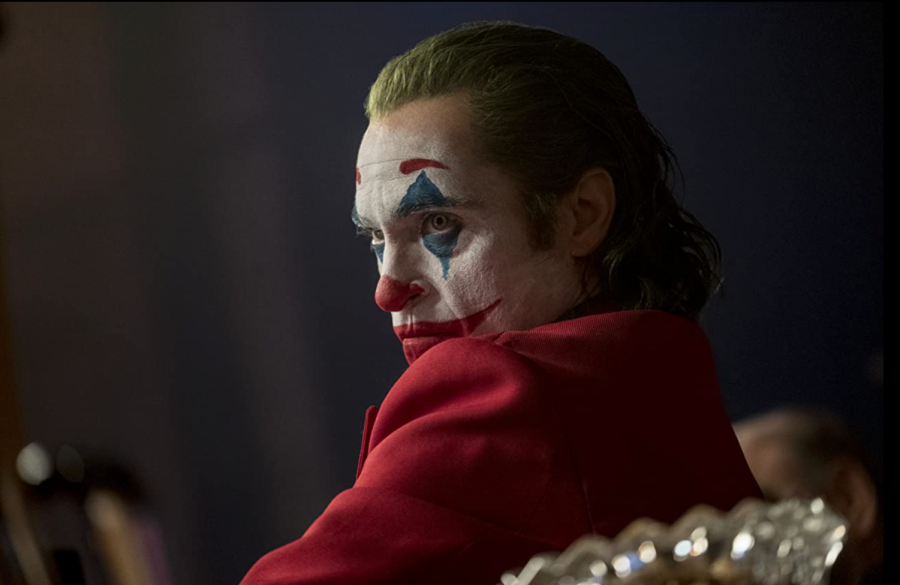
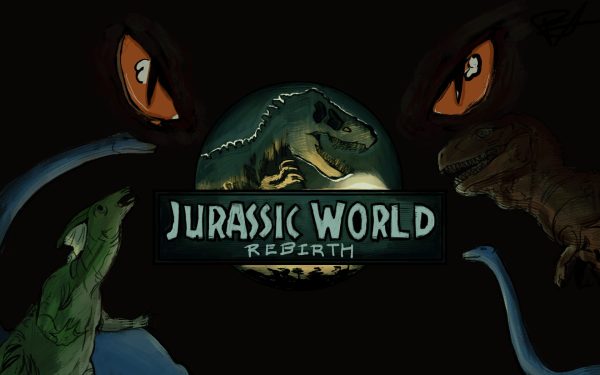

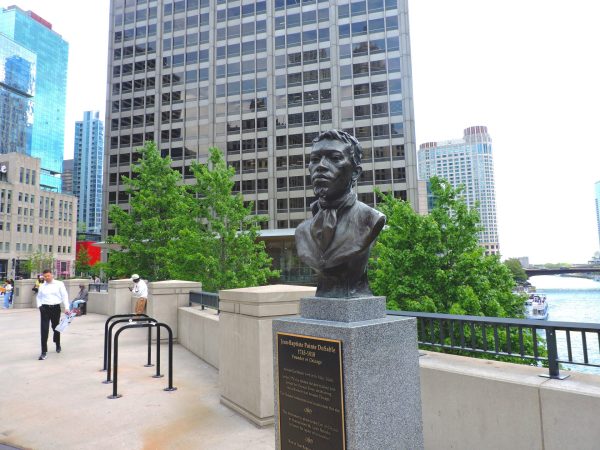



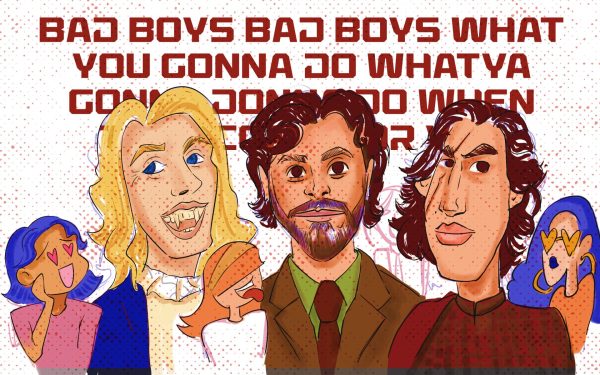
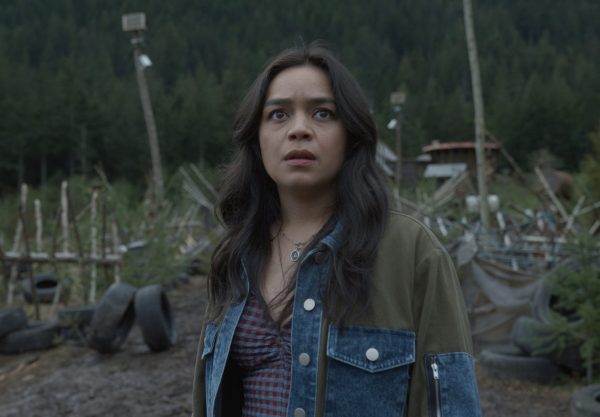
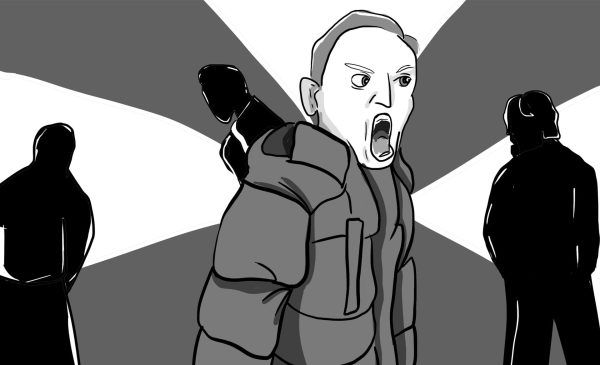
1984isnonfiction / May 1, 2021 at 6:51 pm
What do you think of Marvel movies